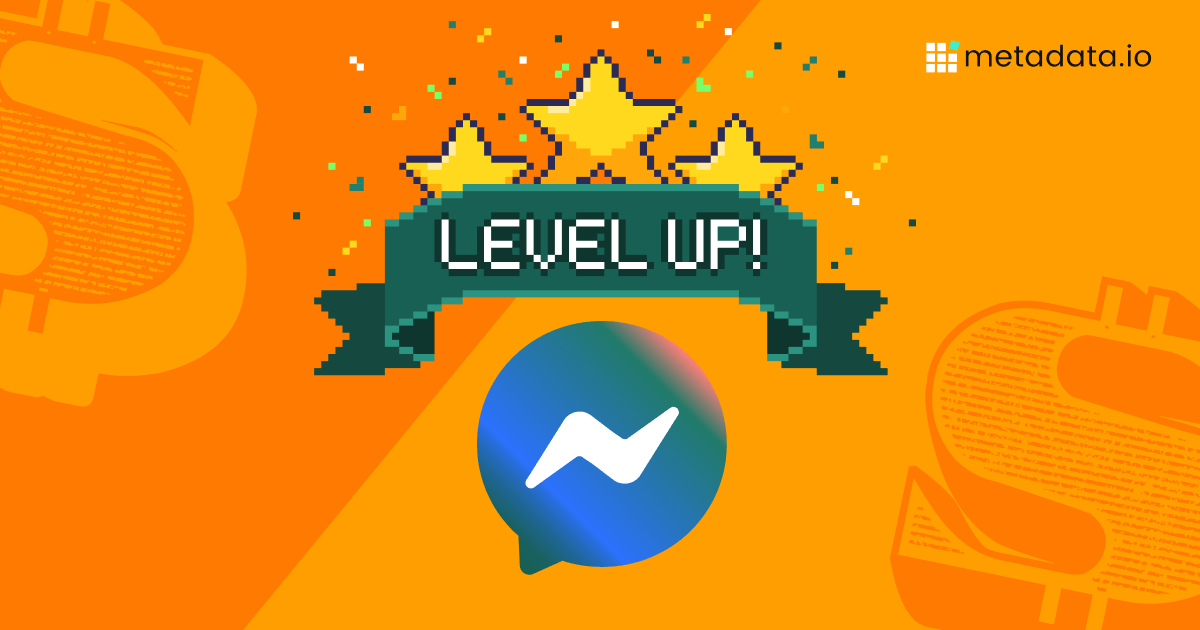
Table of Contents
Facebook Messenger ads offer a direct and efficient way for B2B businesses to engage with prospects. By using this dynamic platform, you can generate more leads, automate communication for lead qualification, and potentially achieve a higher ROI compared to traditional advertising.
Facebook Messenger ads are a specialized advertising format that enables direct conversations between businesses and potential customers through Facebook’s Messenger platform. These ads offer B2B marketers a powerful channel for lead generation and prospect engagement.
There are three distinct types of Messenger ads you can use:
In B2B, Facebook Messenger ads offer advantages that set them apart from traditional advertising channels. With access to billions of monthly active users, this platform provides remarkable opportunities for engaging potential clients and maximizing your ad impact.
One of the most striking benefits is the exceptional engagement rates. Messenger ads typically have higher open rates than channels like email, and this heightened visibility goes a long way when trying to reach B2B decision-makers.
Cost-effectiveness is another significant advantage. Companies have reported significant reductions in cost per lead, allowing for better allocation of marketing budgets while maintaining high-quality lead generation.
Through automated chatbot interactions, you can gather valuable information about prospects’ company size, challenges, and needs—all while maintaining a personal touch.
Once a prospect engages with your Messenger ad, you gain permission to follow up with them later, creating ongoing opportunities for lead nurturing and relationship building. This permission-based marketing approach, combined with rich lead data collection, enables more targeted and effective follow-up strategies.
Start your Messenger ad campaign by targeting decision-makers in your ideal customer profile. Research shows that B2B decision-makers spend 74% more time on Facebook than average users, making it a prime platform for engagement.
Use Facebook’s targeting options and targeted marketing strategies to focus on specific job titles, company sizes, and industries that match your ideal customer profile. Additionally, using lookalike audiences can help you find your B2B target audience more effectively.
For ad creative, craft messages that clearly communicate your value proposition while maintaining a conversational tone. Your initial message should offer something valuable, such as a whitepaper, case study, video content, or product demo.
Implement a chatbot to handle initial conversations and qualify leads. Here’s an effective sequence:
To optimize your campaigns, measure the right metrics. Track your conversation rate (percentage of clicks that start conversations), lead qualification rate, and conversion rate to demos or sales calls. Focus on crafting compelling initial messages that drive engagement.
For SaaS companies, integrate your Messenger ads with your CRM system for a seamless lead handoff to your sales team. Set up automated responses for common questions, but ensure your team can quickly step in for more complex inquiries. Test different value propositions, qualification questions, and content offers to continuously improve your campaign performance.
Embracing platforms like Metadata.io can significantly improve your CRM integration process. Metadata.io offers powerful campaign automation features that streamline lead qualification by automating data capture and synchronization, ensuring that your sales team has immediate access to high-quality leads. By improving follow-up efficiency and improving lead quality, Metadata.io helps you nurture leads more effectively, accelerating them through the sales pipeline.
Respect privacy concerns by clearly communicating how you’ll use prospect information and maintaining compliance with data protection regulations. Regular analysis of your chatbot conversations can reveal opportunities to refine your qualification process and improve conversion rates.
When measuring the success of your Facebook Messenger ads, focus on revenue-generating metrics rather than vanity metrics. While traditional metrics like click-through rates and CPMs provide surface-level insights, your measurement framework should center on business impact.
Track these key performance indicators to help lower customer acquisition costs:
Monitor how your Messenger campaigns contribute to pipeline acceleration and deal closure rates. The true measure of success lies in how these interactions translate to revenue.
For optimization, analyze the quality of conversations and leads generated. Test different message sequences, offers, and targeting parameters while maintaining focus on revenue impact.
When implementing Facebook Messenger ads for B2B, you’ll likely encounter several key challenges. Here’s how to address them effectively:
Handling real-time conversations can strain your team’s resources.
Implement a tiered response system: use chatbots for initial qualification and basic inquiries while reserving your sales team for high-value prospects. This approach helps reduce lead qualification costs compared to traditional channels.
As conversation volumes increase, maintaining lead quality becomes challenging.
Set up automated qualification flows that ask specific B2B-relevant questions about company size, budget, and timeline. Integrate these responses directly with your CRM for proper lead scoring and routing.
Quick response times help you strike while the iron is hot.
Create a library of pre-approved responses for common questions and establish clear handoff protocols between automated systems and your sales team. This creates a consistent communication flow and maintains the personal touch necessary for B2B relationships.
Integrating Facebook Messenger ads is a game-changer for B2B marketing, but maximizing their potential requires the right tools. Platforms like Metadata.io can take your Messenger ad campaigns to the next level. The platform automates and optimizes your marketing efforts, helping you drive more leads, streamline campaign management, and scale your results effortlessly.
Transform your marketing strategy with Metadata.io—drive more leads, optimize campaigns, and scale your results effortlessly. Book an intro today!